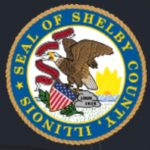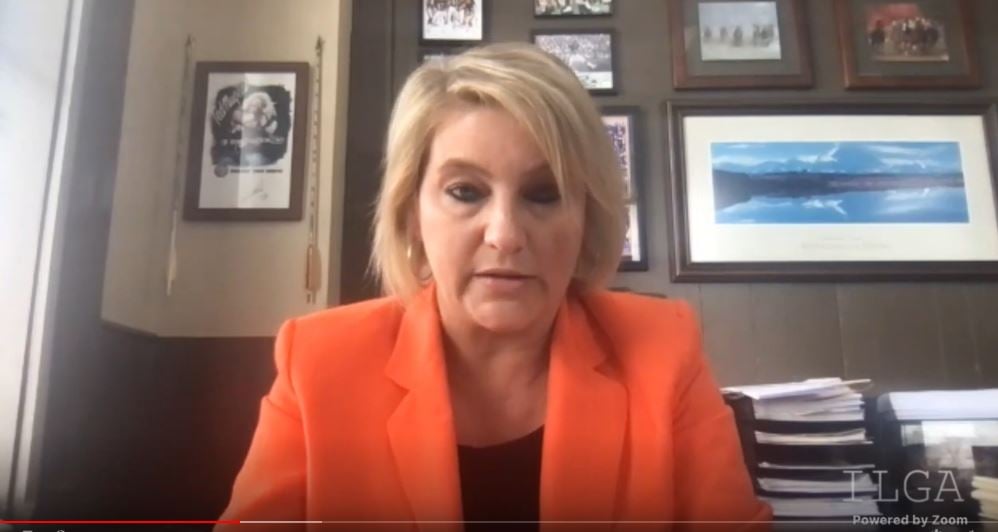This is Part IX of the exposure of misrepresentations and misinformation provided by Shelby County State’s Attorney Nichole Kronke during her oral testimony in support of legislation affecting every county in the state. We urge everyone to read Part I at this link, Part II at this link, Part III at this link, Part IV at this link, Part V at this link, Part VI at this link, Part VII at this link. , and Part VIII at this link.
- “So even the tax system has been modified recognizing that county-owned farms are in fact leased to private farmers.”
I sent a request to the Shelby County State’s Attorney Nichole Kronke asking if she would provide this alleged tax system modification. We have been unable to find any such modification to the tax code or the tax system. Her implication is that since the department of revenue has a process that requires the farmer to pay the taxes then it’s OK to allow a private farmer to farm. If she chooses to respond we will update accordingly.
How special is it that she testifies that the farmer is to pay the taxes yet she advised the county board to pay them?
The department of revenue does not get into the question of legality for a county to lease to a private farmer. That is not their wheelhouse and they simply look at the use of the property to determine if it’s subject to a tax or not, and who is responsible for paying the tax. Kronke knows this because it was outlined in an AG opinion quite nicely.
“As the Illinois Appellate Court has explained, “three elements must be met for the property to be exempt under section 15-60: (1) the property must be owned by a taxing district; (2) the property must be held for future expansion; and (3) the property must be not for use for other than a public purpose.” Springfield School District No. 186 v. Department of Revenue, 384 111. App. Jd 715, 723-24, 893 N.E.2d I 042, 1050-51 (2008). As to the first element, the property in question is owned by a taxing district, a term which includes counties. 16 In order to meet the second element, a “tax-exempt owner must demonstrate a present intent to own and use the property for a tax-exempt purpose in the future to qualify for an exemption under section 15-60.” Springfield School District Np. 186, 384 Ill. App. 3d at 724, 893 N.E.2d at 1051. Finally, the third element is whether the lessee’s “use of the property is for public purposes and no other purposes.” Springfield School District No. 186, 384 Ill. App. 3d at 724, 893 N.E.2d at 1051. A determination that all three elements apply involves mixed questions of fact and Jaw. Springfield School District No. 186, 384 Ill. App. 3d at 725, 893 N.E.2d at 1051.”
The very fact the department of revenue denied the tax exemption attempt by the county supports the very point that has been made for over two years, which ties directly to the third prong outlined by the department of revenue, “the property must be not for use for other than a public purpose”
We have found no modification in the tax system, but rather the simple application of the case law spelled out on the subject matter as was cited in the letter Kronke received from the Attorney General’s Office.








1 Comment
Justice Seeker
Posted at 17:23h, 24 MarchDoes this state’s attorney have any ethics at all? Seems to me she misled the voters in more ways that one. Should have known when she announced she was bringing Albert J. Scott with her. Pathetic.